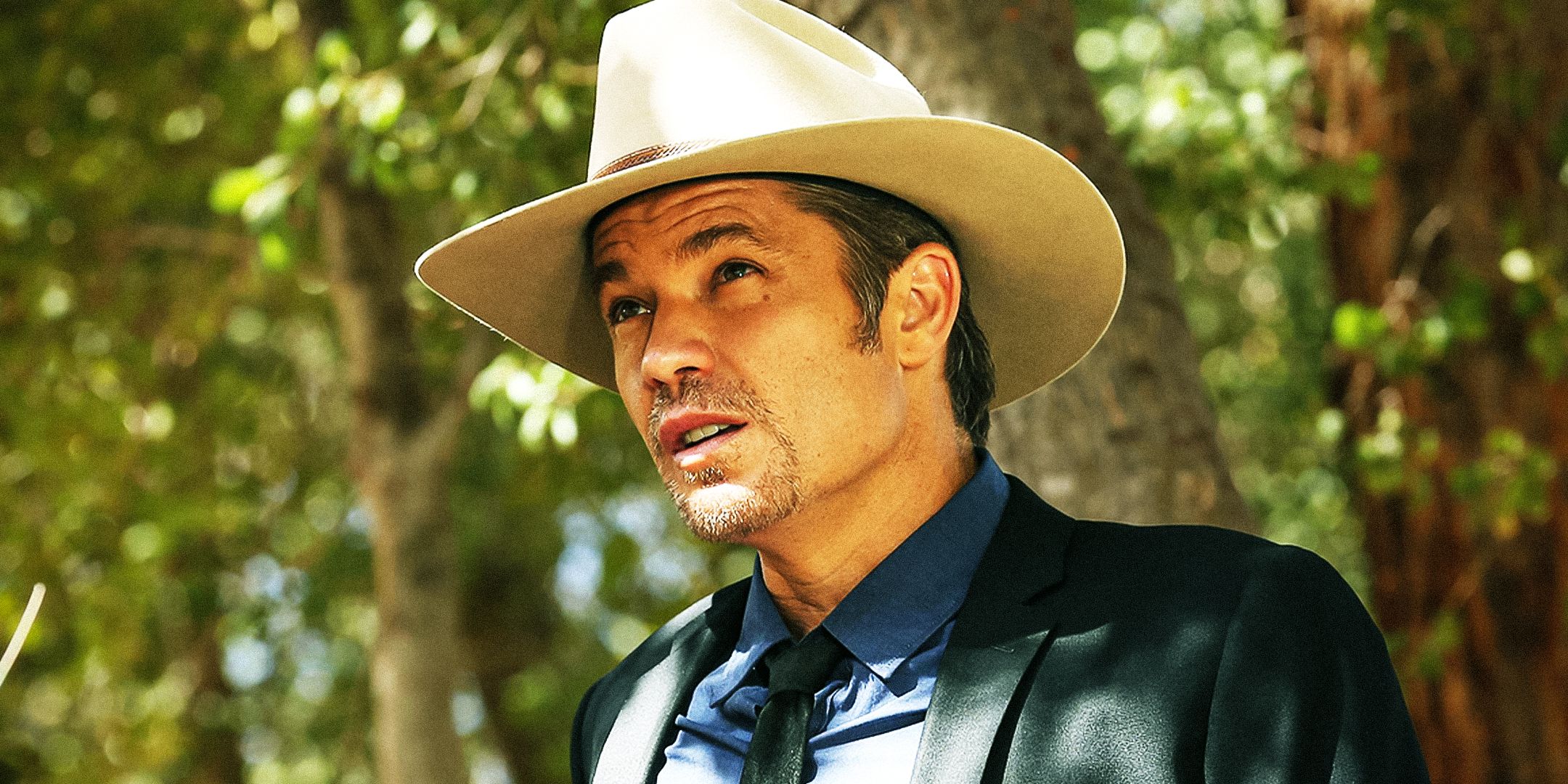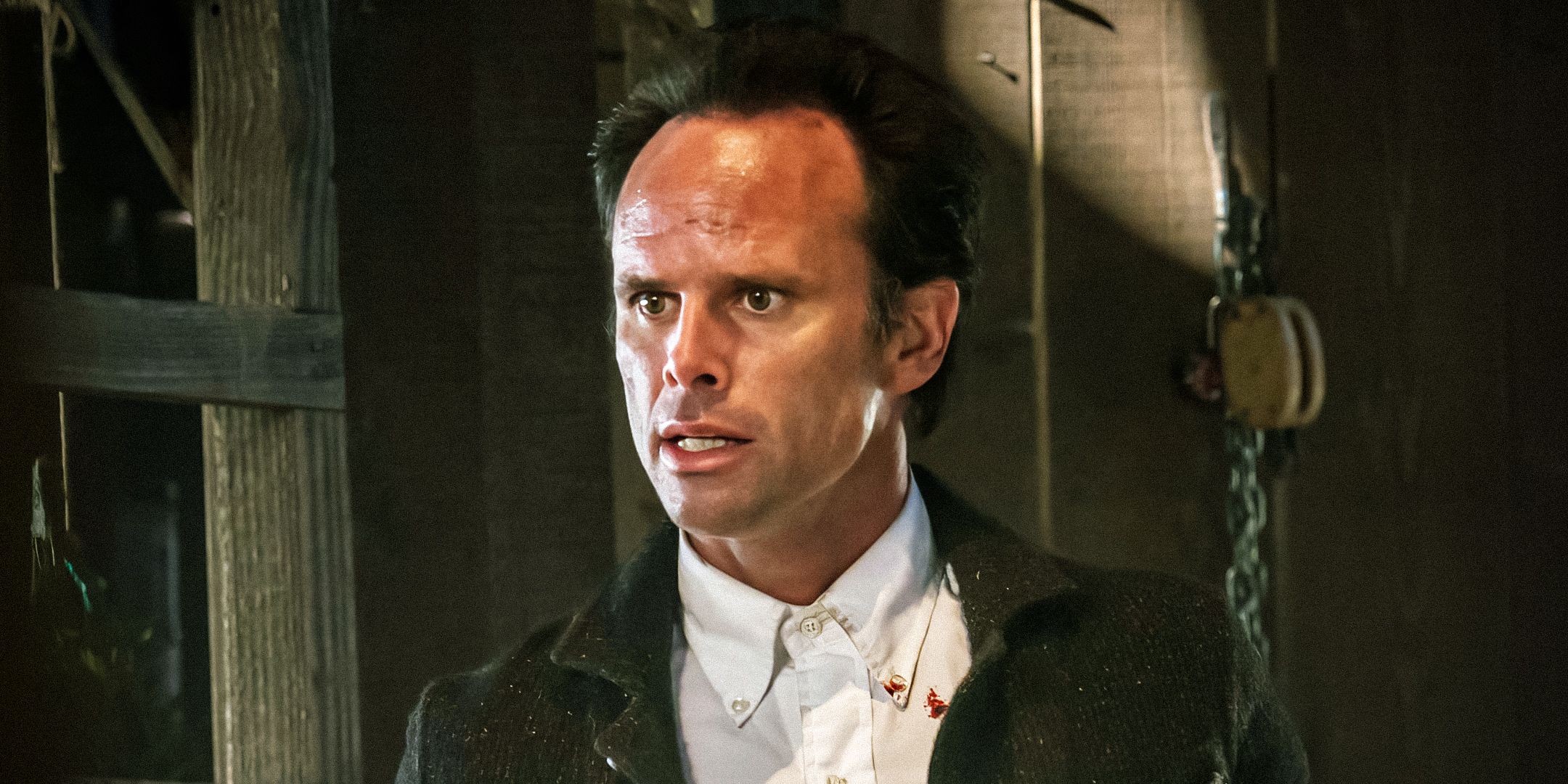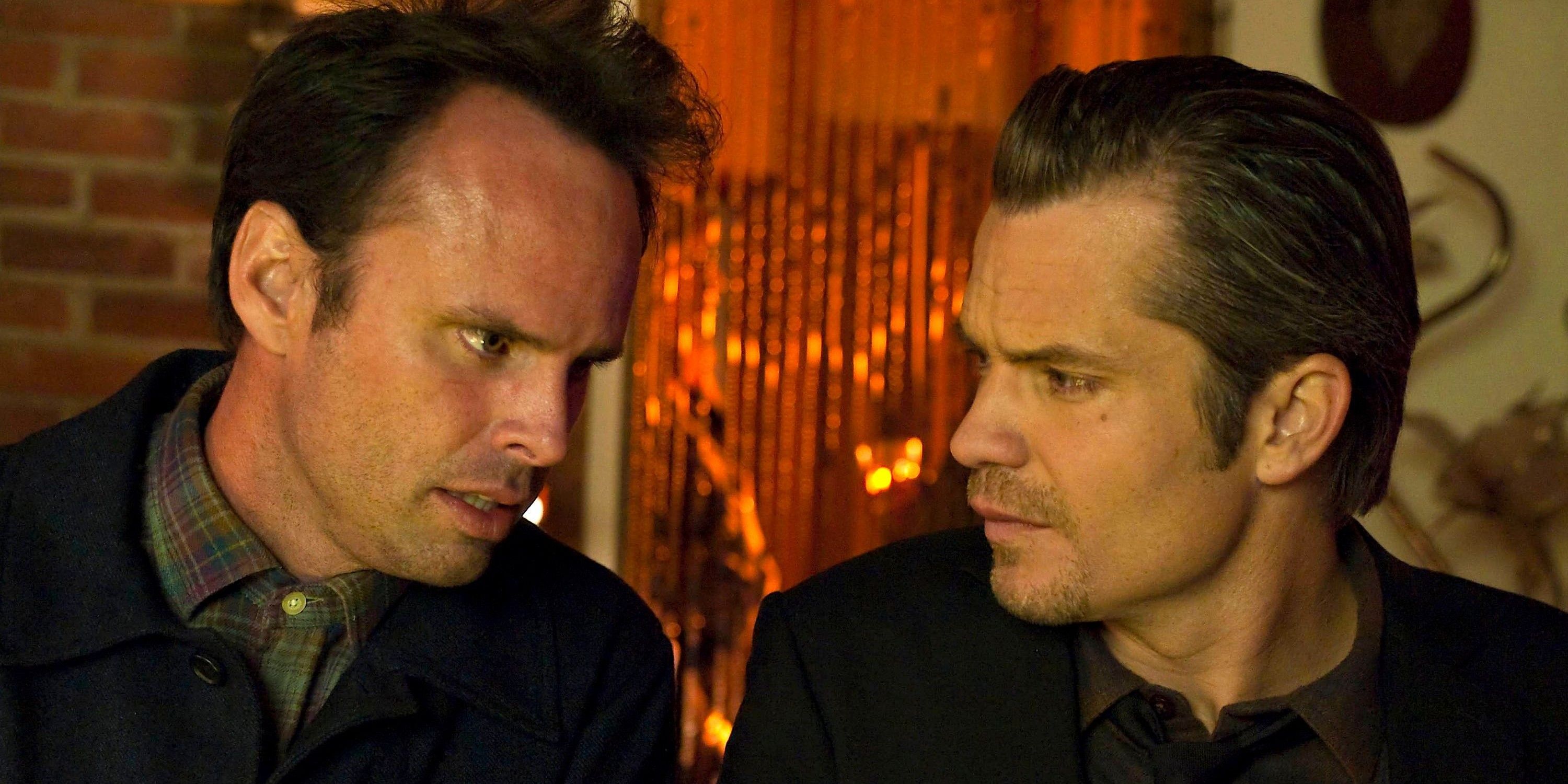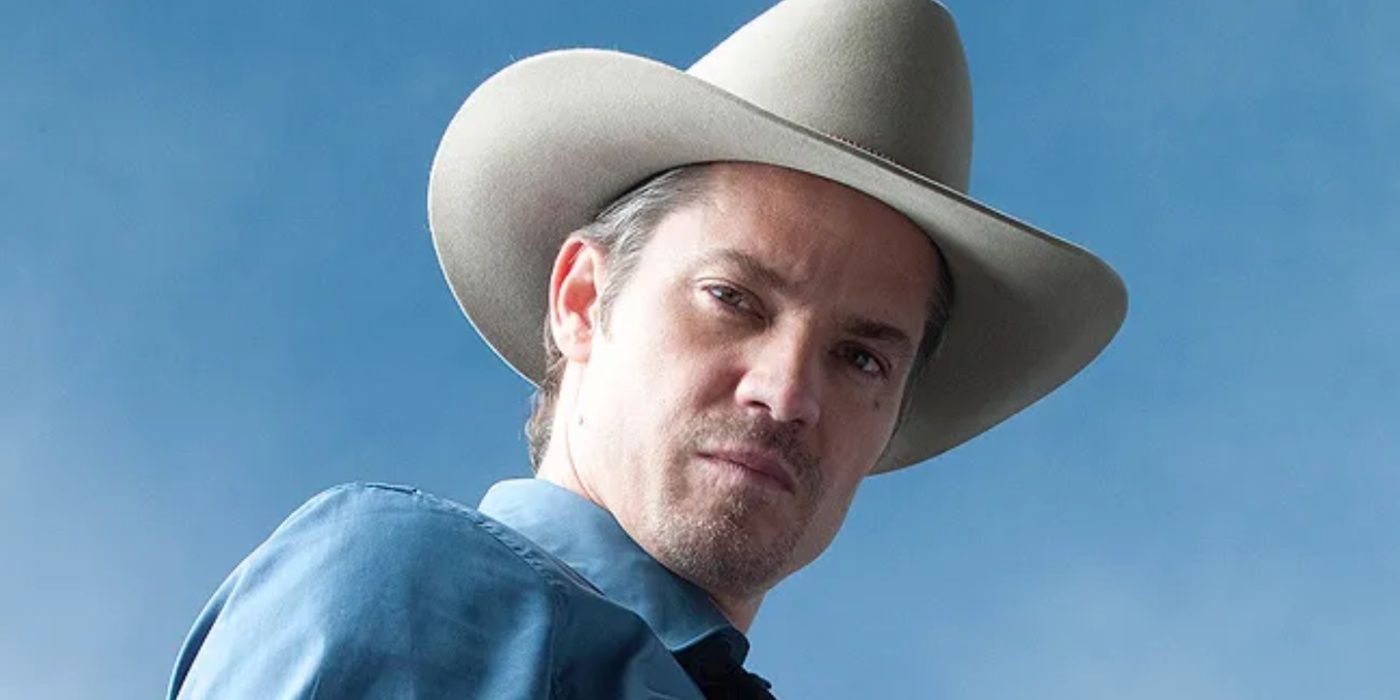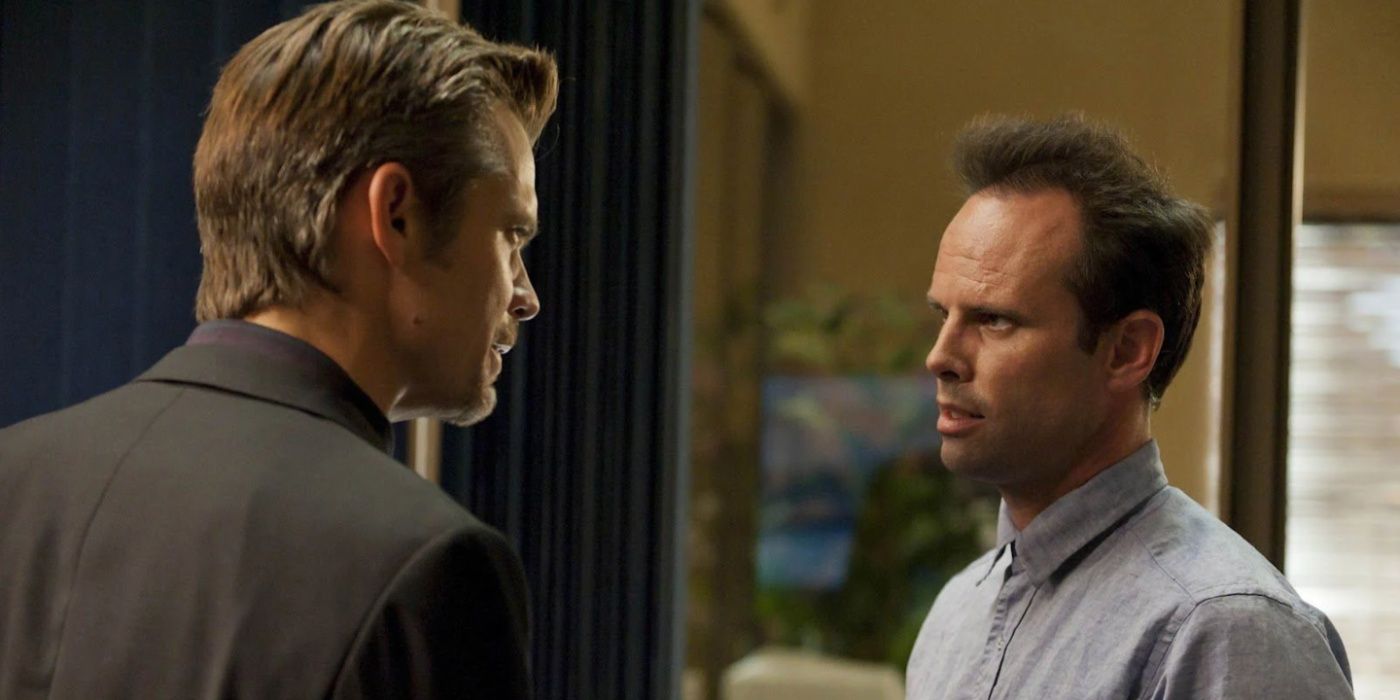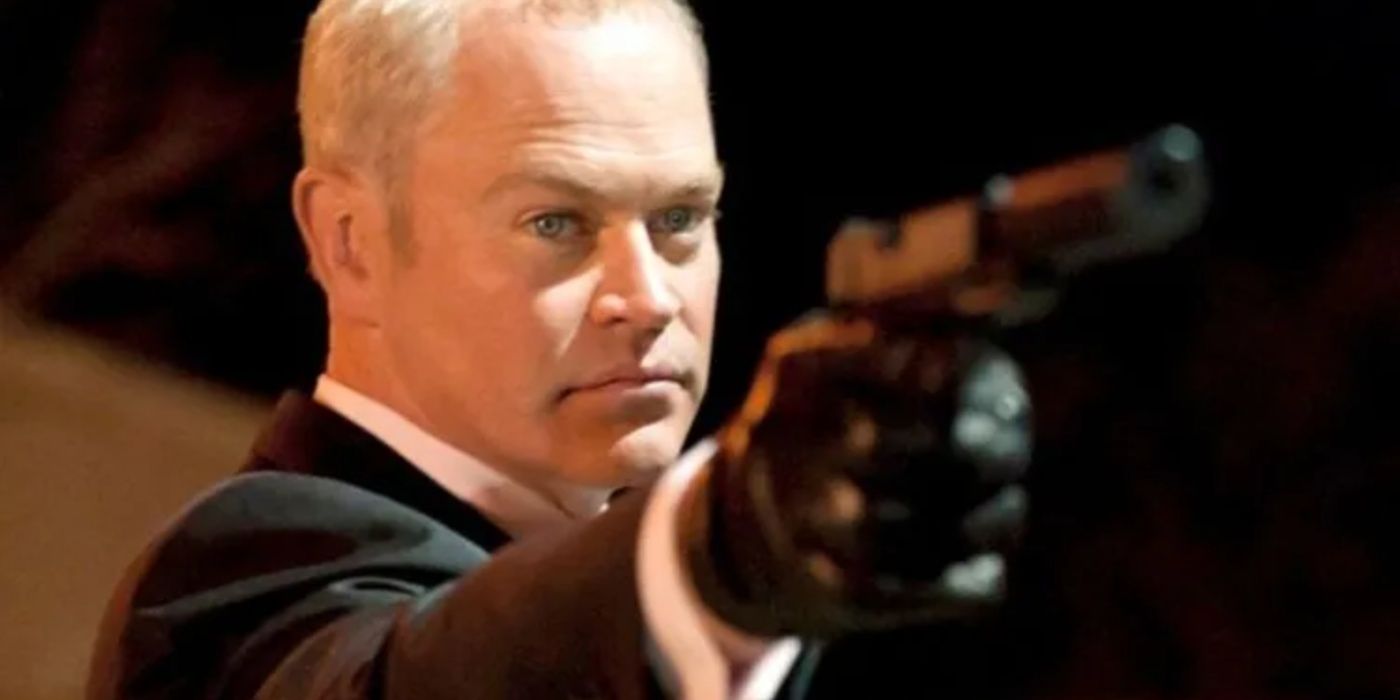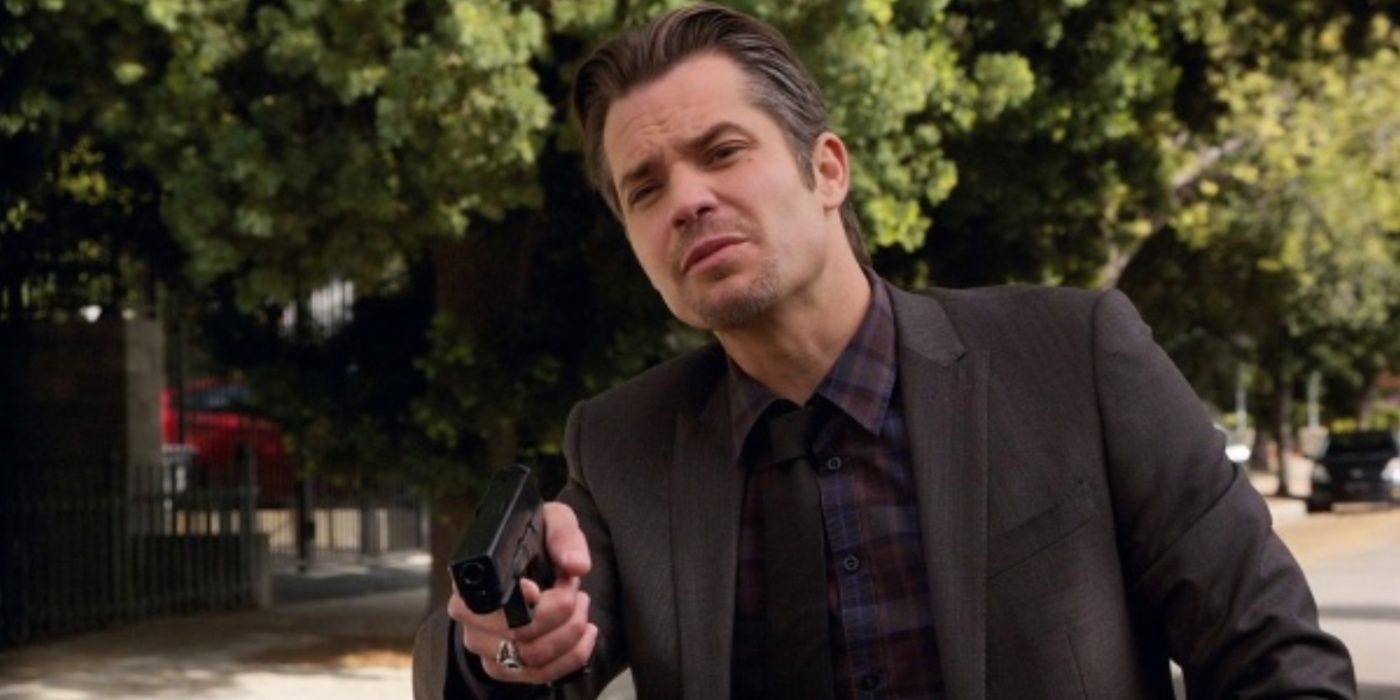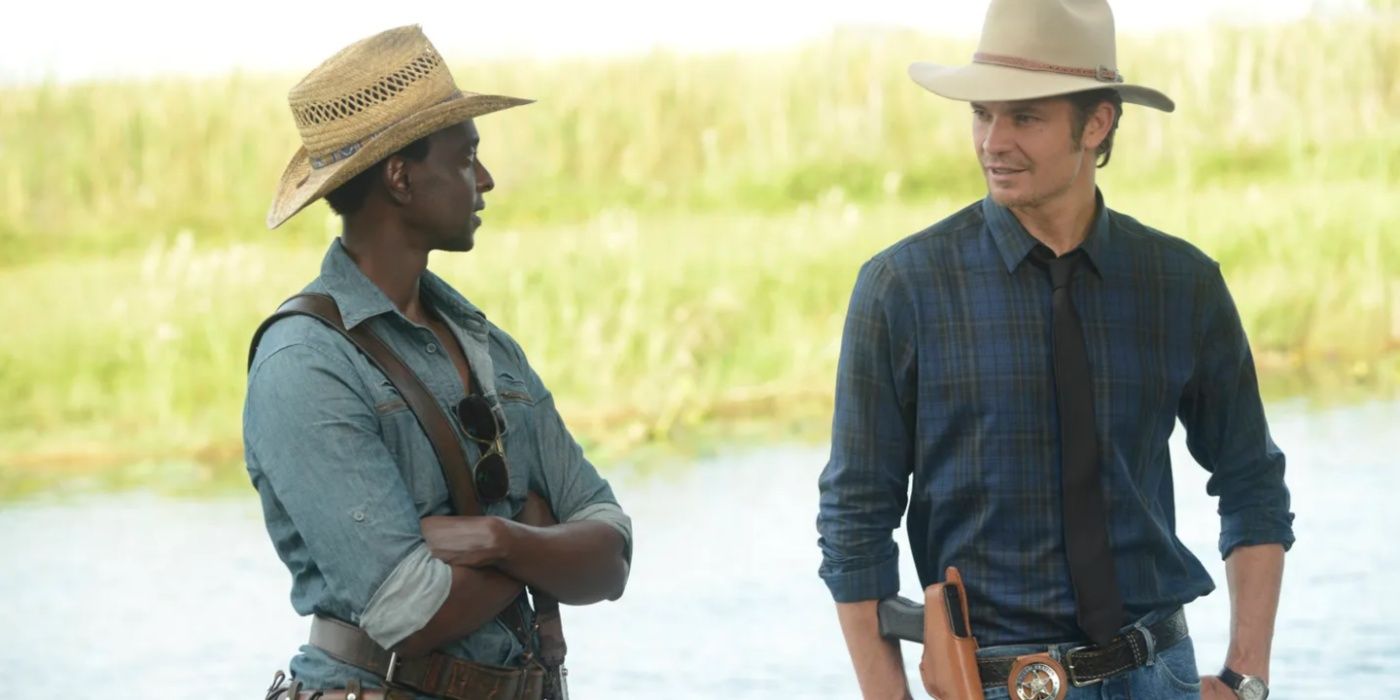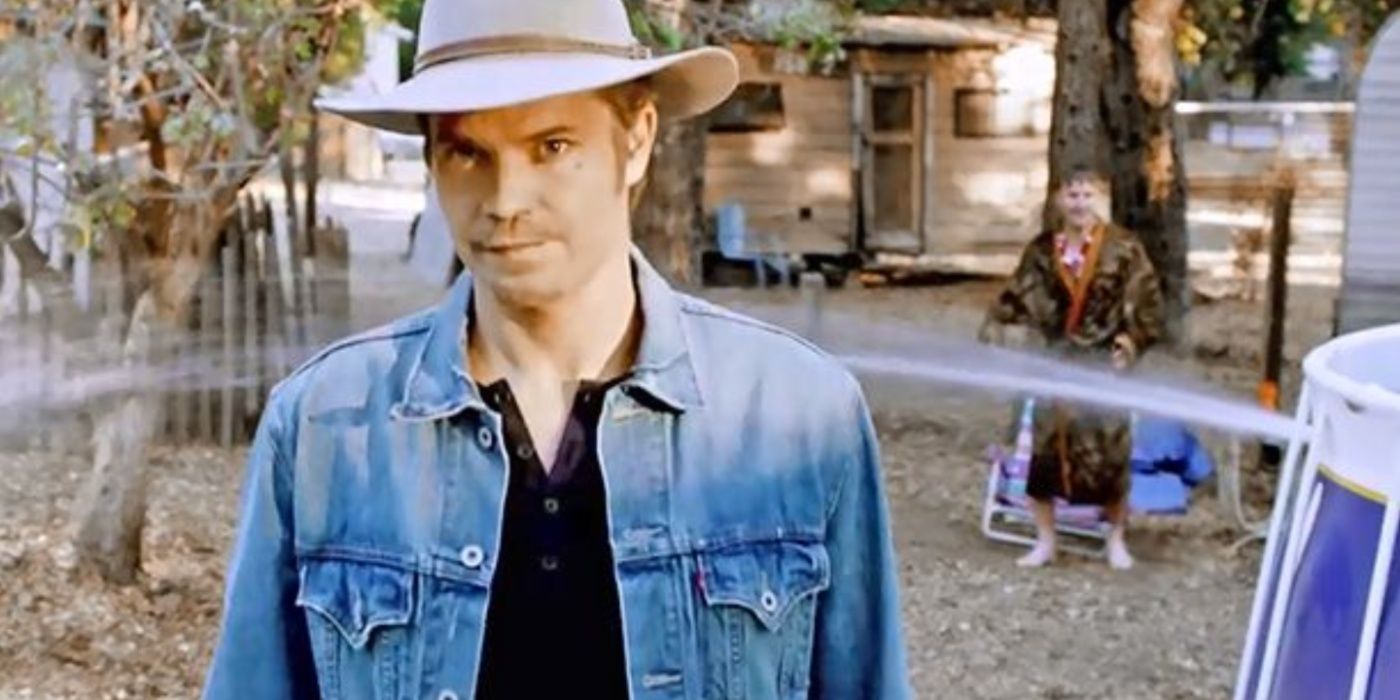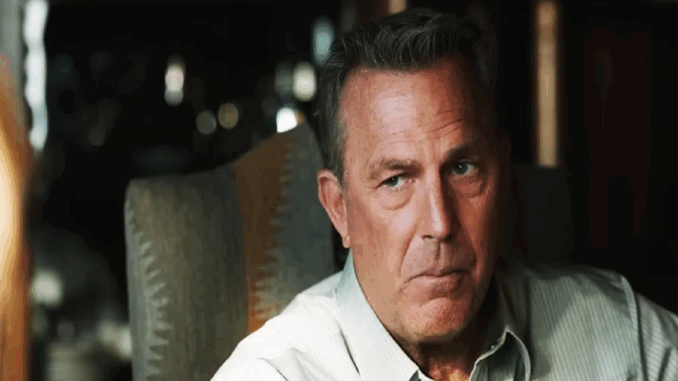
However, for all its accolades, Yellowstone didn’t invent the Neo-Western, nor did it perfect it. Long before John Dutton (Kevin Costner) rode onto our screens to defend his empire, another show quietly delivered everything that makes the genre great. It didn’t feature sweeping ranches or dynastic cattle wars, but it did have a lawman who walked the thinnest possible line between right and wrong. Yellowstone was a great Neo-Western, but it’s nowhere near as good as Justified.
Yellowstone Is Great, But Justified Is An Even Better Neo-Western
Justified Focuses On Character-Driven Storytelling While Never Losing Its Western Edge
It’s not controversial to call Yellowstone one of the defining dramas of its era. The show’s blend of high-stakes conflict, operatic family tension, and moral ambiguity has earned it a passionate fanbase. The performances are stellar, with Kevin Costner anchoring the series as patriarch John Dutton, and a strong supporting cast bringing the ranch’s internal and external battles to life.
With its big-budget visuals and unflinching commitment to modern Western themes, Yellowstone has become a cultural juggernaut. However, Justified, which premiered in 2010 and wrapped in 2015, tells a far sharper, leaner, and arguably more effective version of the Neo-Western story.
His personal code, laconic wit, and deep-rooted sense of justice make him one of the most compelling TV protagonists of the 21st century. Plus, where Yellowstone builds its story around sprawling arcs and ensemble drama, Justified excels through precision: razor-sharp dialogue, economical plotting, and a relentless focus on character.
The tension in Justified comes not just from shootouts or turf wars, but from character dynamics – especially Raylan’s complex relationship with Boyd Crowder (Walton Goggins), a former friend turned philosophical antagonist. Their dynamic is electric, layered with history, ideology, and a mutual respect that often teeters into rivalry.
That emotional tension gives Justified an intimacy and unpredictability that Yellowstone sometimes lacks. While Dutton fights to preserve his land, Raylan is trying to survive a place that made him and nearly broke him.
Ultimately, Justified doesn’t need Yellowstone’s scale to make its mark. It embraces the essence of the Neo-Western – loners with guns, broken towns, moral compromise – and delivers it with confidence, nuance, and undeniable cool.
How Justified Perfected The Neo-Western Genre
Justified Distilled The Genre’s Core Into A Near-Perfect Blend Of Grit, Style, And Character
The best Neo-Western TV show doesn’t just wear a cowboy hat – it captures the soul of the genre. Justified did that in ways few other shows have managed. It transplanted the themes of the Old West – justice, revenge, survival – into a modern, decaying corner of America that felt lawless enough to belong in a Clint Eastwood film. However, instead of romanticizing that world, Justified leaned into its grit, showing how poverty, corruption, and generational trauma warped the people who lived there.
However, more than just style, all 6 seasons of Justified had substance. Each season built on the last, drawing Raylan deeper into Harlan County’s dark heart. The show’s best narrative arcs deliver escalating tension and emotional devastation that rival anything in Yellowstone. These aren’t just “bad guys of the week” – they’re layered, sometimes sympathetic figures shaped by a world that offers few real choices.
That moral ambiguity is at the heart of the Neo-Western, and Justified handles it with elegance and restraint.
Even Raylan, as charismatic as he is, is never presented as a traditional hero. He’s often reckless, sometimes cruel, and rarely in control. The show constantly forces him to face the consequences of his actions, blurring the line between justice and vengeance. That moral ambiguity is at the heart of the Neo-Western, and Justified handles it with elegance and restraint.
What truly sets Justified apart is how it uses its setting as more than just background. Harlan County isn’t just a place – it’s a pressure cooker, a living character that shapes everyone within it. The town’s history of mining, crime, and broken dreams forms a tapestry that the show explores with depth and respect.
